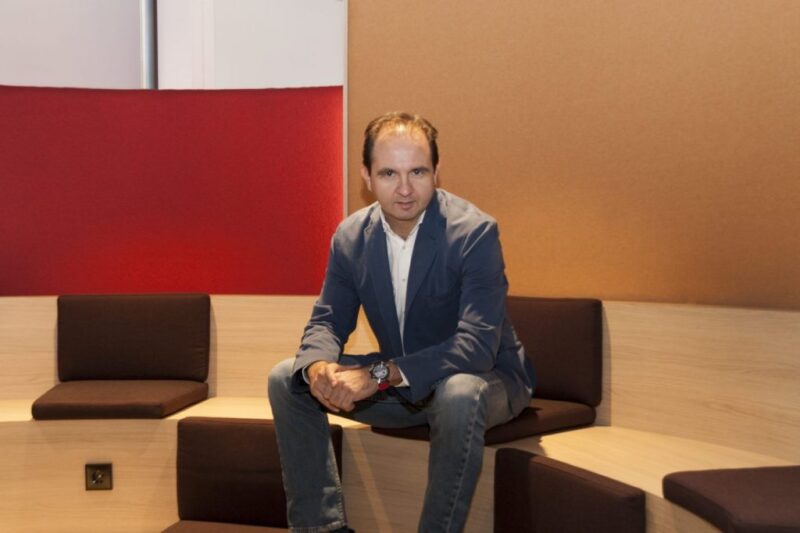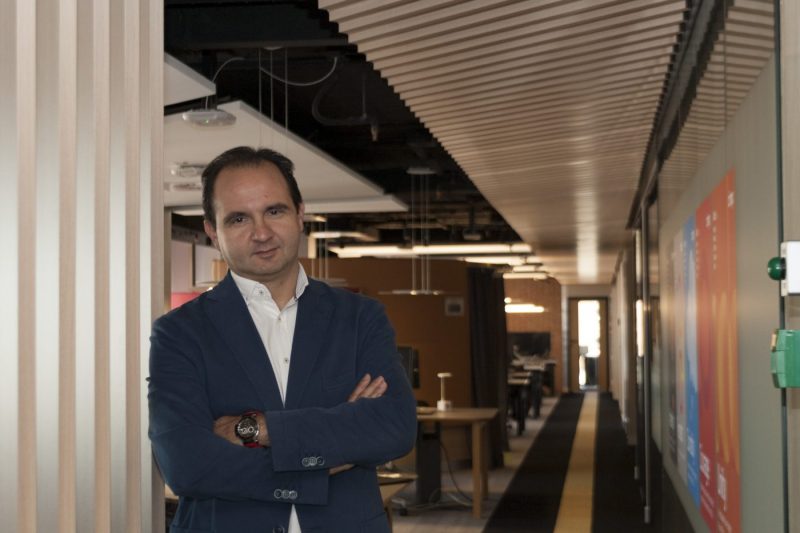Do not reduce the productivity of your company, technology is a tool that you should always have incorporated in its constant improvements.
HelloMrLead spoke with Santiago Campuzano, Regional Director of Iberia at Citrix, about; the digital transformation of organizations, the importance of adapting to different environments and the changes of the health crisis in the technology sector.
What are the most significant changes brought about by the pandemic?
The first thing we have to take into account is the technological situation of each of the companies. It is not the same for a company that has already tackled a flexible transformation, as it is for companies that still think that everyone has to work from the office.
Depending on the culture and technological progress, the situation of some companies has been totally different from others. What is certain, however, is that this phenomenon has forced everyone to take a series of actions.
It must be said that there is an advantage over companies that were already advanced in the digital transformation and with a culture that already accepted being able to work from home, the others have simply had to keep up.
A maxim for us is that we work as we live, and there is no denying that technology is part of people’s use of life, so we have to adapt more and more.
How has the insecurity experienced by many companies affected you?
Critically: The only way to be totally secure in a company is to be isolated from the world, and that has many productive limitations; of efficiency and in the way of relating to the rest of the market.
When we are not isolated, there are very important security gaps. You have to understand that the main gaps are produced internally because they receive attacks and do not know how to distinguish them, and others due to bad practices; involuntary or in bad faith.
The easier you have remote access, the more points of risk there are. At Citrix, our vision is to have mobile and secure workspaces that allow us to work from any place or device. A model that protects the information knowing the reaction and recovery time to a secure environment.
We not only care about the proactive part of preventing something from happening, but also the reactive part to be available with a secure environment as soon as possible.
Do you think telework is here to stay?
I have been looking for phrases that help us to culturize: One is that “we work as we live,” but we have another concept which is the “sociotechnological revolution.”
Digitalization matters, but cultural transformation matters much more. Technology is available, but people have to adapt and this implies that organizations have to adapt as well.
So those who have more influence are the managers of the companies, because even with the best platform if you have a manager who wants to see everyone sitting at his place from 9 to 6 pm, it is hardly useful to implement teleworking.
In the pandemic we have lived a situation that was not teleworking, it was the slavery of remote work. Children were at home, people were not prepared and many homes do not have a specific space to be able to work.
For the first time in history, the population pyramid reflects different socio-demographic groups by age; and you have several generations within the same job that has to be attractive to everyone.
We have to be able to merge cultures to take advantage of the maximum talent of the people within the organization, otherwise it is very difficult for any digital transformation project to succeed.

What role does digital transformation play in technology companies and commercial departments?
For many years, technology has been a part of the operating environment and there is one thing we have to redirect, technology is not an end, it is a means to make companies more competitive and efficient.
So by implementing it in the present allows you to maintain your competitive position and in the future to gain market share, you prepare for the next impacts that will exist within your industry.
Digital transformation is a reality and people have to be able to adapt, thanks to the leadership of executives and company managers.
What is the positive impact and learning that companies can get from technology?
First of all, we are a human engine with a great responsibility because we have helped people to be able to work from home. This means safe people without having to leave and go to the office.
On the other hand, we are making it easier for companies to maintain their productivity, so we have two factors, one from the social point of view and the other from the economic point of view.
In short, technology companies increasingly have a global impact within the economy and society.
There has also been a change and everyone has a humanistic message and a concern for people that they didn’t have before. I think that is one of the parts of Citrix’s success, especially in Spain: how we have understood that people have to work.
Did the pandemic provide opportunities for this sector?
I think the real transformation exercise has already started. Here we have a social doubt as to what the impact and speed of vaccination will be, but what is certain is that the world is not standing still.
Technology has to have more weight and there is going to be a lot of redefinition of roles at the economic level. Undoubtedly, it is a year of opportunities and everything has its technological application to gain in efficiency and productivity.



